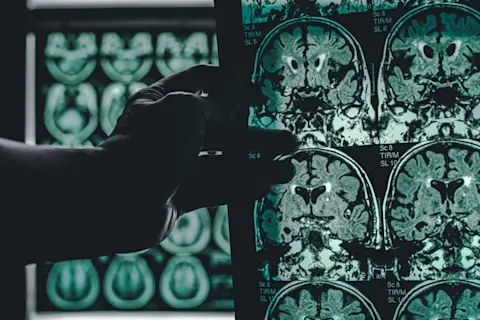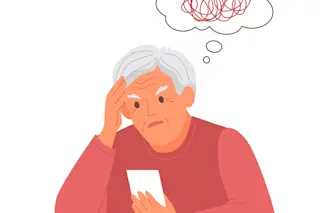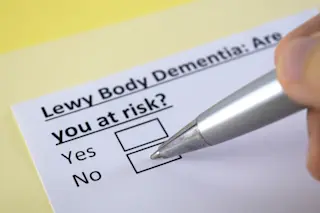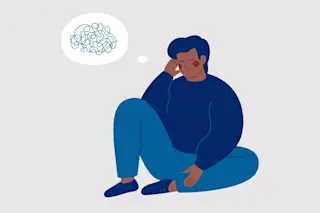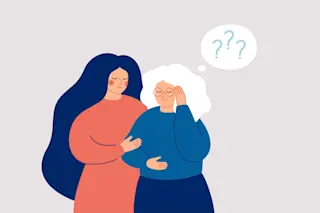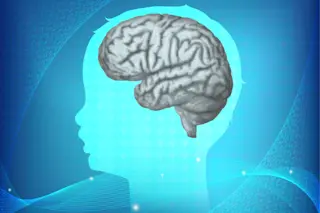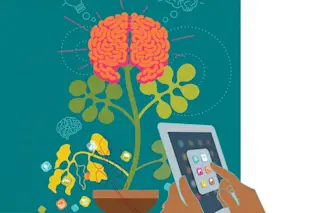At its core, Alzheimer’s is an irreversible, progressive disease. The brain disorder — the most common form of dementia — begins with problems with an individual’s memory. But, as it slowly progresses, patients are less and less able to function cognitively. As the continues to destroy memory and thinking skills, it reaches a point where patients aren’t able to carry out even the simplest of daily tasks. They might even struggle to recognize immediate family members.
Late-stage Alzheimer’s patients typically have difficulty walking and, eventually, are unable to walk altogether. They might have trouble eating and swallowing, reaching a point where they can’t feed themselves. And the inability to move around can make someone more susceptible to infections, such as pneumonia, or blood clots. Essentially, the disease is usually not the direct cause of death — Alzheimer’s patients die from these complications, rather than the illness itself.
“When people become bedbound and they can’t feed themselves, it’s usually a short while to death,” added John Hsiao, a program director at the National Institute on Aging.
Read more:

